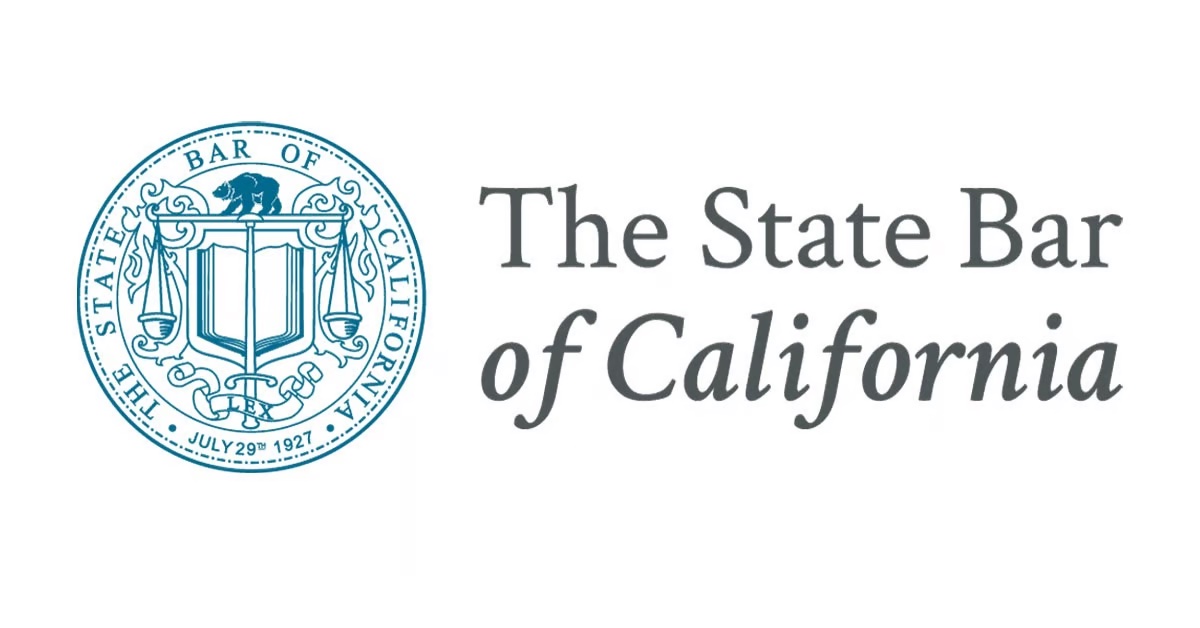and Probate Law Firm
Financial Planning versus Estate Planning
Financial planning and estate planning are two distinct but closely related aspects of managing your finances and preparing for the future. As an experienced Folsom estate planning attorney, I regularly advise clients on planning their estate and also work with clients’ financial advisors to devise a strategy that is best for their individual circumstances. Here’s a breakdown of the differences and purposes of financial planning and estate planning:
Financial Plan:
- Scope: A financial plan addresses your overall financial well-being and encompasses a broad range of financial goals and considerations.
- Goals: It focuses on short-term and long-term financial goals, such as saving for retirement, buying a home, paying for education, and managing debt.
- Cash Flow Management: Financial planning includes budgeting, managing income and expenses, and ensuring that you have the funds needed for your current lifestyle and financial goals.
- Investment Strategy: It involves developing an investment strategy tailored to your risk tolerance, time horizon, and financial objectives. This includes choosing appropriate investments like stocks, bonds, and mutual funds.
- Risk Management: Financial planning assesses and mitigates various financial risks, such as insurance coverage for health, life, disability, and property.
- Tax Planning: It involves strategies to minimize tax liability, such as optimizing deductions, credits, and tax-advantaged accounts like IRAs and 401(k)s.
- Debt Management: Financial planning includes a plan for managing and reducing debt, such as credit card debt, mortgages, and loans.
- Emergency Funds: Creating and maintaining an emergency fund is a key aspect of financial planning to cover unexpected expenses.
- Retirement Planning: Developing a plan to save for retirement, estimate retirement income needs, and choose appropriate retirement accounts is a significant part of financial planning.
Estate Plan:
- Scope: An estate plan specifically addresses how your assets and personal affairs will be managed and distributed upon your passing or in the event of your incapacity.
- Goals: It focuses on ensuring that your assets are distributed according to your wishes, minimizing estate taxes, and providing for your loved ones after your passing.
- Legal Documents: Estate planning involves creating legal documents like wills, trusts, powers of attorney, and advance healthcare directives.
- Asset Distribution: It specifies how your assets, including real estate, investments, and personal property, will be distributed to beneficiaries or heirs.
- Guardianship: If you have minor children, an estate plan allows you to designate a guardian to care for them in the event of your passing.
- Minimizing Estate Taxes: Estate planning includes strategies to minimize estate taxes, which can include the use of trusts, gifting, and other tax planning techniques.
- Healthcare and End-of-Life Decisions: It addresses your healthcare preferences and appoints someone to make medical decisions on your behalf if you become incapacitated.
- Legacy and Charitable Giving: Estate planning can include provisions for leaving a legacy, such as charitable gifts, bequests, and endowments.
Conclusion
In summary, while financial planning is primarily focused on managing your finances and achieving various financial goals during your lifetime, estate planning is primarily concerned with ensuring that your assets are managed and distributed according to your wishes after your passing or in the event of your incapacity. Both are essential components of comprehensive financial planning, and they often overlap in areas like retirement planning, tax planning, and risk management. It’s important to integrate both types of planning to create a well-rounded financial strategy that addresses your current and future needs and goals. A financial advisor is the best professional to advise on financial planning whereas an estate planning attorney is best to advise on estate planning. If you are seeking the guidance of an experienced estate planning lawyer in Folsom, please contact Thapar Law at 916-579-0605 or send us a message







